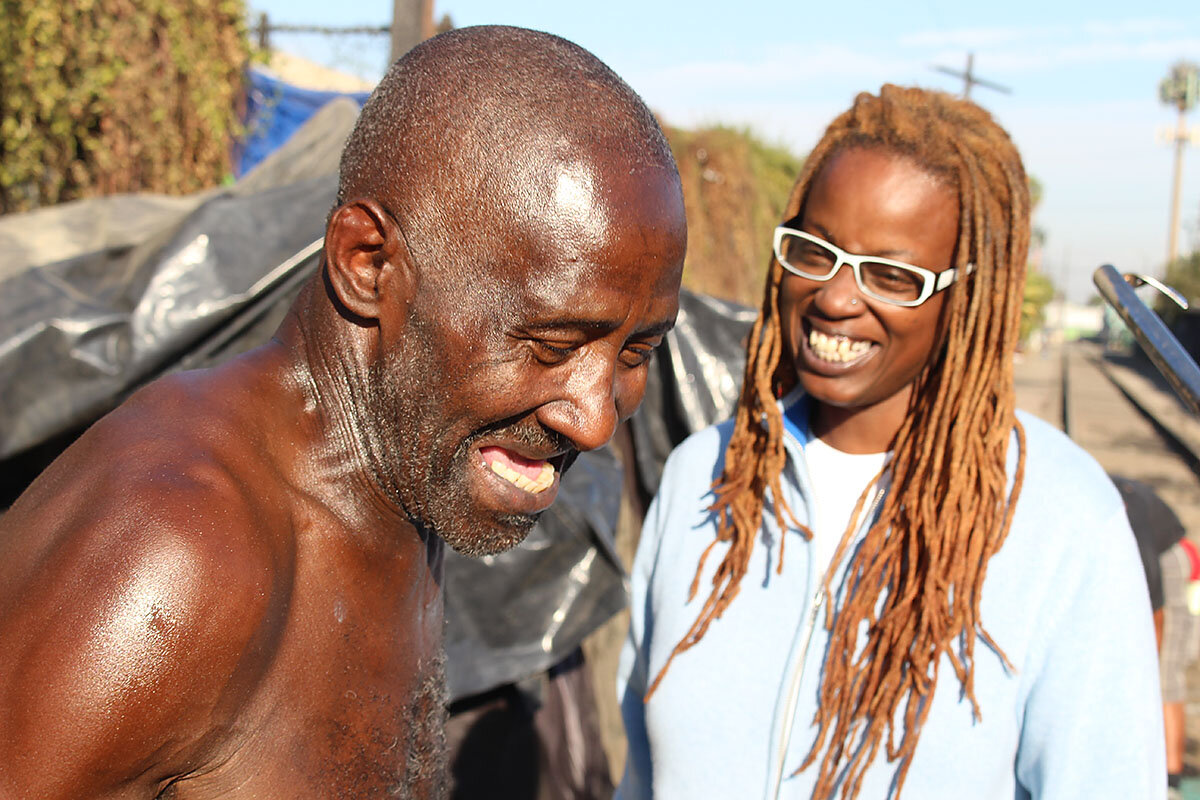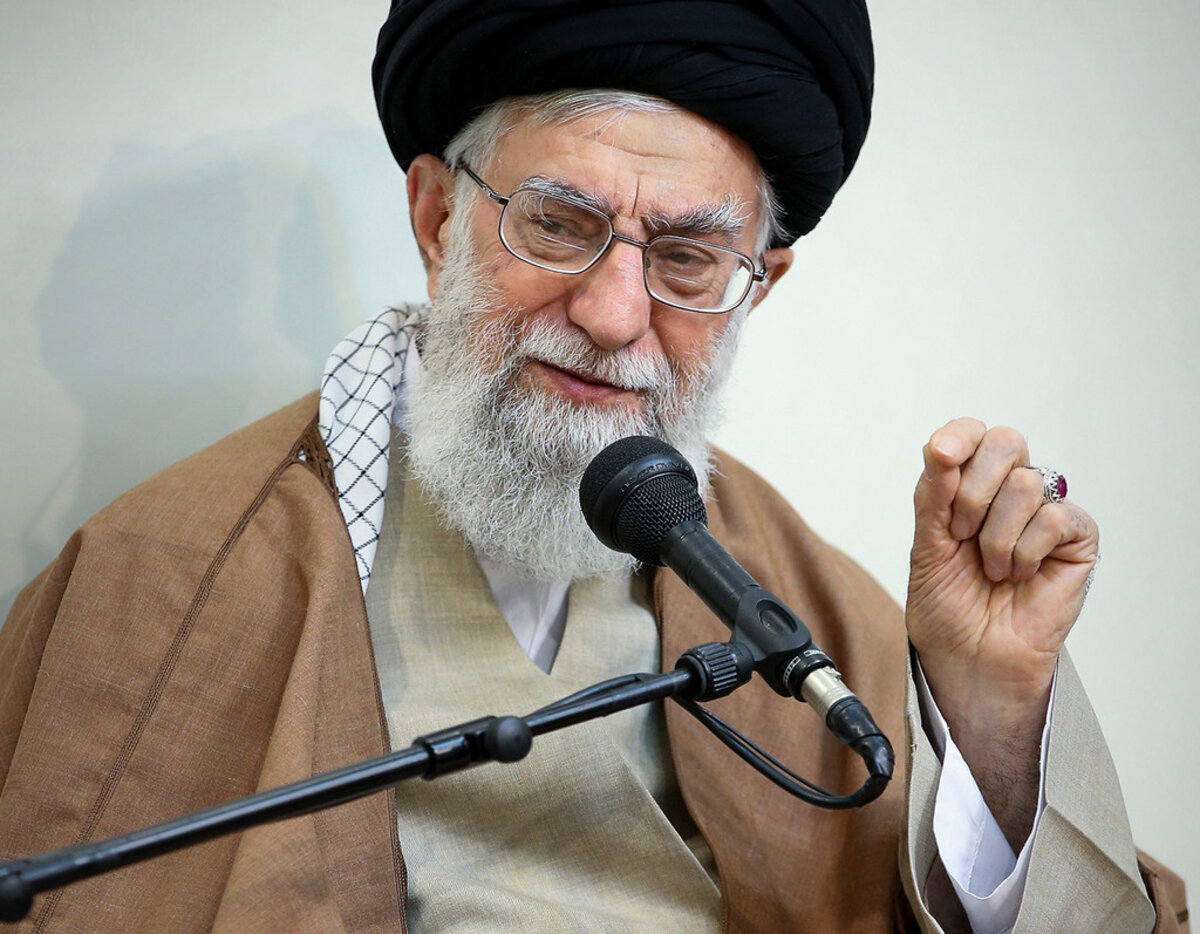Psychiatry is offering diagnoses for more mental conditions than ever before. Washington is more weaponized and partisan than at any time in recent history. And the nation's president, a man of no political experience, is determined to tear up the accepted political playbook. The mix is explosive, but history does offer some insight.
Monitor Daily Podcast
- Follow us:
- Apple Podcasts
- Spotify
- RSS Feed
- Download
 Mark Sappenfield
Mark Sappenfield
The letter seems the longest of long shots. This weekend, two major investors asked Apple to do more to address “phone addiction” among teens. Why would mighty Apple even consider such a request? Is combating teens’ urge to use its product Apple’s job?
Yet, the Wall Street Journal report offered an interesting note: In other cases of corporate responsibility, Apple has “ceded some ground.” To an unprecedented degree, the most powerful companies of today are staking out strong stands on issues from antidiscrimination to environmental responsibility. They haven’t done this because they have somehow become more intrinsically ethical. They have done it because we, as consumers and shareholders and employees, have demanded it.
Today, it can be so easy to feel small. The media and social media often cast anything short of total victory as failure. But there’s a different view, too. The success of "Brexit" and Donald Trump and Bernie Sanders all came against the will of virtually the entire establishment. In Hollywood and beyond, women have taken world-shaking steps toward toppling a toxic view of power and masculinity.
Whether as consumers or voters or simply citizens, we have more power than we often think. The bigger question is how we use it.
Now, among our five stories today, we look at Poland's unusual patriotism, a new push to help Americans make ends meet, and the persistence of Olympians – in school.











